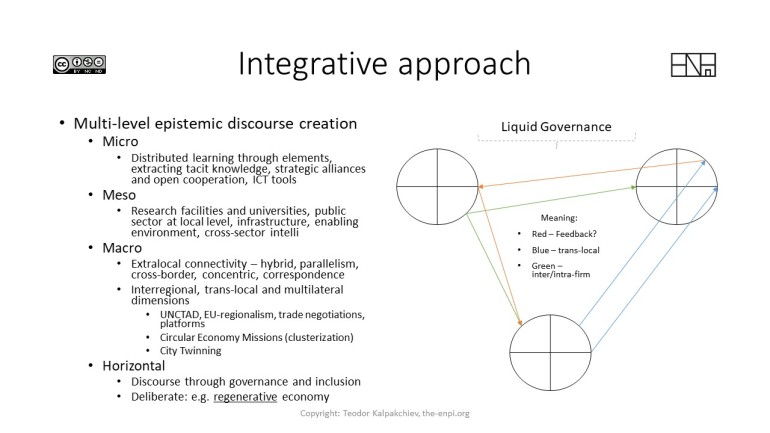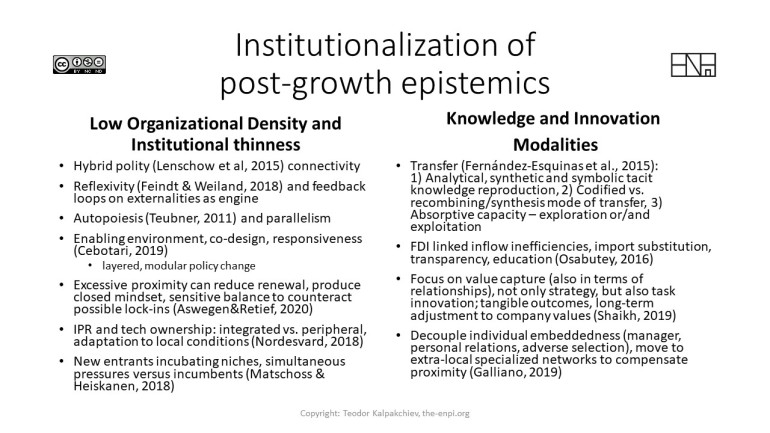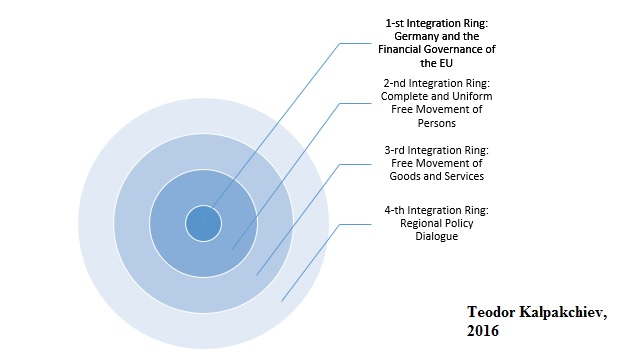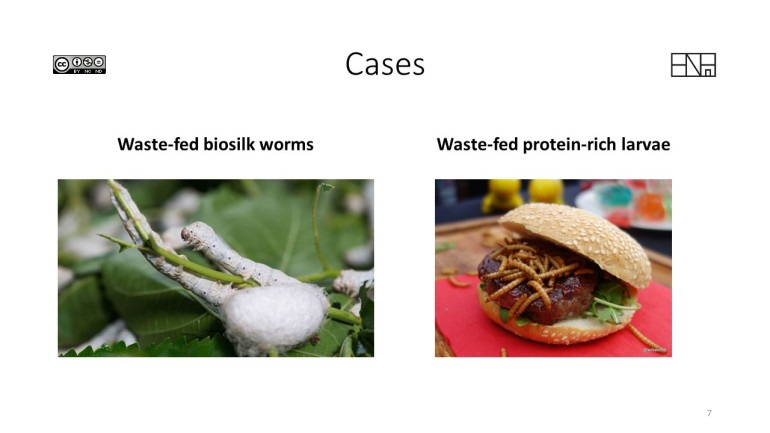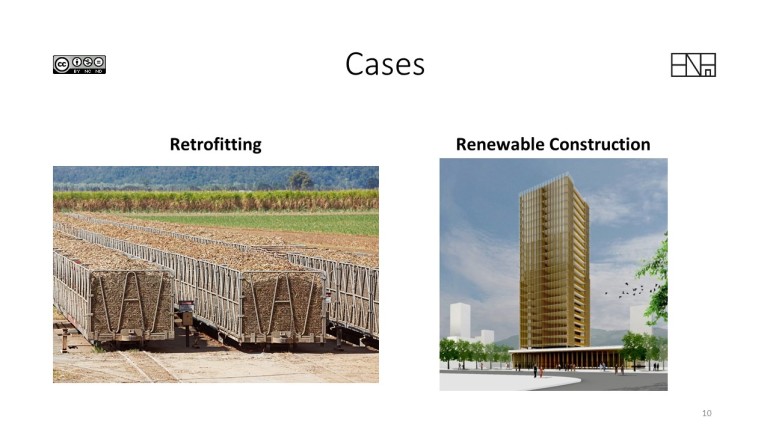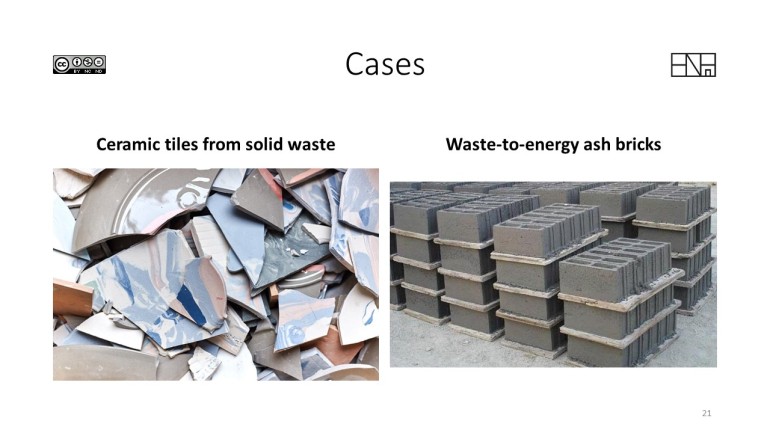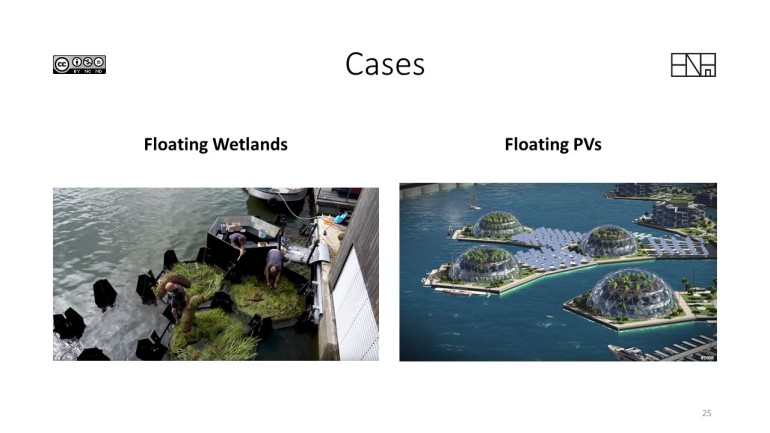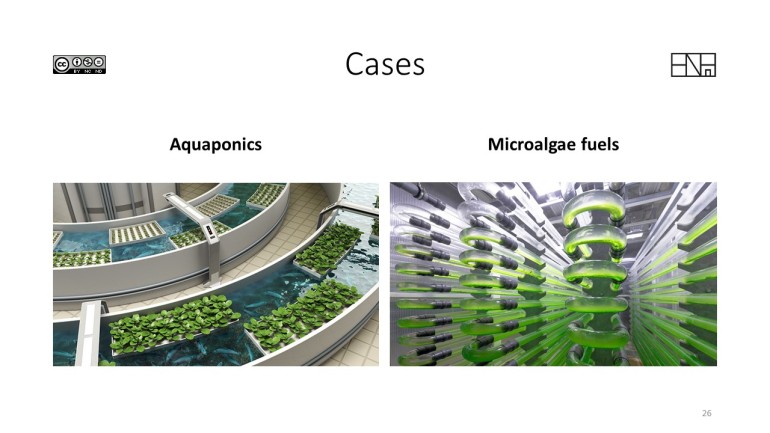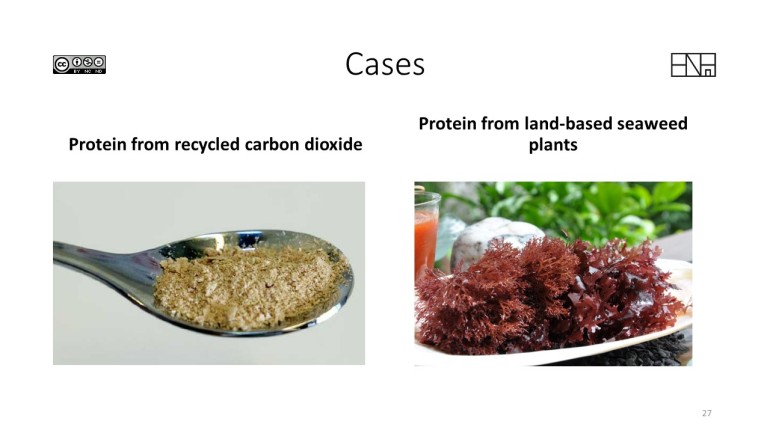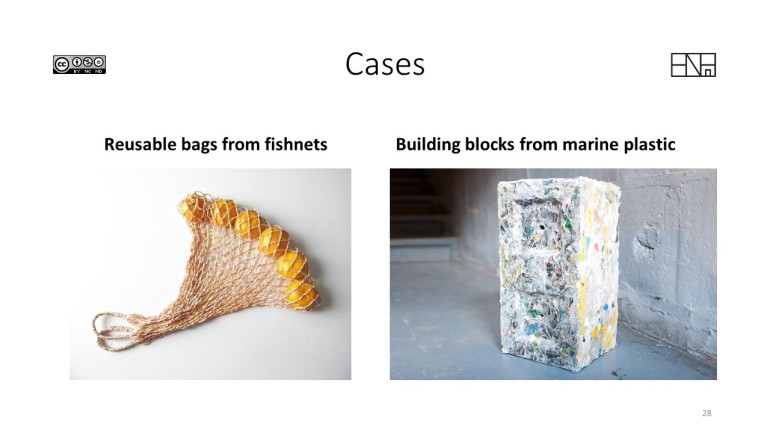
1. Project #Complexity
The #Complexity project deals with connectivity, boundaries, externalities, subjectivity and other scientifically informed forms of epistemic network creation, which aim to decipher and assist the reproduction of workable solutions, hybridization of concepts and sustainbility transitions.
| Description | Blog Address | Downloadable pdf | |
| Abridging top-down policy with local level governance can provide a diffused hybrid governance arrangement of unsustainable practices stemming from insufficient reflexivity in the policy making cycle. | Concentric Urban Circularity as a Solution to Telecoupled Externalities of EU’s Green Economy Transition | ||
| The paper concept outlines the effects in EU Water Framework Directive and the available instruments for adoption of mechanisms that tackle water scarcity on a global scale. | Global Water Governance through Policy Effect Clusters in the EU and Externalization Instruments | https://bit.ly/3hhQLZj | |
| The brief proposes several research goals for tackling assymetries in energy geopolitics via addressing the intangible elements of the Belt and Road Initiative. | The uncircularity paradox in energy geopolitics Brief – Governance implications and institutional response | https://bit.ly/3aJS1Do | |
| The brief explains patterns of identification and self-organisation that constitute decision-making actor assemblages at the level of EU institutions. | Polycentricity in the EU | ||
| The brief provides a pager for accelerated knowldge-intensive regeneration of an economy. | EU-ENPI Complex Regeneration |

2. Project #Governance
The #Governance project deliberates on the future of the European institutional ecosystem and its concentric epistemic networks, values driven self-legitimization and policy instruments. It pays particular attention on the possibility of deploying scientific brainstorming missions for solving fragility, telecoupling, externalities, thus fostering sustainability and resilience.
| Description | Blog Adress | Downloadable pdf |
| The brief explains how the European Commission’s new corporate governance aims to add to the the sui generis nature of the EU by means of transidisciplinary translocal learning. | The New European Commission – Concentric Responsibilities, Normative Leadership and Translocal Epistemic Reflexivity | |
| The research paper investigates urban shrinkage as a source of cleavages, exacerbated by brain drain, periphery-legitimized populism, which ought to be the targets of an inclusive and regerative cohesion policy. | Governing Urban Shrinkage | |
| The paper outlines how Bulgaria, a multi-faceted example of failure, contribiuted to European integration via its weak good governance that was extrapolated into a pan-European institutional scrutiny – prooving that externalization tendencies follow an inception stemming from faultlines, discrepancies or simple deliberation of ideational creativity. | Historical Constructivism and the Bulgarian Council of EU Presidency: Policy Externalization towards the Eastern Partnership. | |
| Post republished from 2013 with preliminary ideas on the physical and cyber realm of inclusion. Especially in times of force majeure, the transition to a liquid e-democracy at least as a form of shock-proof inclusive governance that can instigate the stable foundations of a technocratic federation. | Towards pan-European Liquid Democracy? | |
| Brexit was only the symptom of a continual regulatory spill-over countering the laissez-faire, as its normative strength is in the depth, resilience and transcendence of legislation, finance and collaboration. Besides federalization through quasi-pooling of borders, finance and sovereignty, one could expect that this would be just a step towards a new form of epistemic authority in the form of concentric integration. | Brexit and the Bulgarian Council of EU Presidency as trigger of regional integration differentiation | |
| This proposal gives account of externalities of EU’s engagement through a systems-based framework and several possible case studies. | Inter-regional externalities from trade and EU’s external financial instrumentarium: Towards sustainability or claiming self-interest? |

3. Project #Circularity
Project #Circularity project investigates the circular economy as a blueprint and backbone for the achievement of the Sustainable Development Goals of the United Nations and the Green New Deal of the European Union, looks at evidence for unsustainability globally, conceptualizes translocal, interregional and multi-level interventions, reviews and puts forward implementation and improvement strategies.
| Description | Blog Address | Downloadable pdf |
| This book review gives an outline of possible fair trade practices that cater for better value distribution among stakelders engaged in trade. | Chocolate Nations – Living and Dying for Cocoa in West Africa | |
| The paper addresses the fact that diffusion and materialization of the umbrella concept of circularity as an applied version of the metrics-informed authority for progressing sustainability necessitates a discursive construction, that takes into consideration multiple levels of implementation. | Four Concentric Cycles of the Circular Economy | https://bit.ly/3rtzpxd |
| The top-down networked dimension of the EU ETS could be combined with normative and judicially enabled demand-drive construction circular innovation. The following 100 examples of business models aim to guide such bottom-up acceleration of public-private product-service systems. | Circularity Database | https://bit.ly/3hjCprx |
| The following brief proposes a city-based transformative poliyarchy of inclusive experiments that can multiple the efforts of co-producing scalable futures as an additional dimension of circularity missions. | Framework for ad-hoc Experimentation Missions aimed at Cirularity in Urban Habitats | https://bit.ly/38w3bJ4 |
| The research paper reveals that post-colonial bureaucratic hierarichies produce unsustainable patterns of natural resource governance, which necessitate substitution with disruptive innovations. | State Corporatism and the Forestry Sector in Indonesia – The role of ASEAN | https://bit.ly/3pl9Yfx |
For a full list please refer to the deliverables tab.
4. Project #Integration
The #Integration project explores the geospatial and regional multipolarity in today’s world. By paying particular attention on the role of comparative regional integration (LAC, EEU, ASEAN, SAARC, AU), it aims to deconstruct the externalities of globalisation and face them up to natural capital protection, good governance and scientific progress.
| Description | Blog Addresss | Downloadable pdf |
| One of the first and major research projects written by three members of the think-tank, which resulted in 100-page output takes a look at EU’s strategic positioning in the rest of the world and draws conclusions for the revitalization of the security sector. | The EU’ Global Engagement and Strategic Policy | https://bit.ly/3nRfvtN |
| The research paper shows how loose intergovernmental unions lead to complex horizontal competition among spatially adjacent post-sovereign entities. | Belarus in-Between two regional integration projects | |
| The paper shows that albeit positioned geographically to influence processes in EU’s neighbourhood, south-eastern Europe struggles to define both how governance can look like in a post-communist setting, as well as how foreign policy can benefit from supporting economic innovation. | Sofia’s Council of EU and China 16+1 Summit Presidencies – Pathway to a Resilient Neighbourhood? | |
| The brief shows how Hamburg, the major EU outpost to the rest of the world situated in the heart of North-Eastern Europe, provided a litmus test to domestic sentiments during the G20 has further fuelled the delicate dichomy between an expectation for more autonomous European defense and the complex coordination of interests that impede it. | The G20 Summit Between Self-globalizing States and Military Buildup | |
| The brief shows how Brexit and US seccession from rom the tradional post-war multilateral institutions and arrangments, has further fuelled the legitimacy of alternative development institutions and trading blocks. | Economic Consequences of the Western Protectionist Emancipation | |
| Written by two members, the publication provides a comparison of material and socialization strategies employed by two juggernauts in their respective bordering countries. | Spatial Geo-Economic Strategies of Russia and China in Conflict Zones: Ukraine and Myanmar Compared | |
| The brief shows European Union Foreign Policy is an interdisciplinary domain that is informed via multiple dimensions, as exemplified by the overview of the institutions that create the EU-China policy. | How the EU Formulates its Foreign Policy Towards China | |
| The chapter of the EU global engagement provides an overview of how multiple conflict and implanaces in the neighbourhood impede its becoming an influential actor. | EU Foreign Policy – Ground Evidence from MENA | |
| The research outline provides a structured overview of EU and China aid and its effects in Central Asia. | Belt and Road in Central Asia – Schism Between Chinese Domestic and Foreign Ecological Modernization? | |
| The research paper outlines the intricate vulnerability of the Copts in Egypt that was utilized to challenge the incumbent regime. | DOI: 10.13140/RG.2.2.11521.89441 | |
| The brief introduces crucial points for the future Chinese engagement to the EU and proposes a toolbox for Chinese stakeholders. | EU’s Latest Policy to China: Engagement Trajectories |

5. Project #Finance
The #Finance project explores the centre-periphery fragmentations from the perspective of different scales, the possibilities to prop up socio-ecological innovations, the cyber economy and sustainable growth via regulatory, market, participatory and surveillance instruments, as well as sovereignty pooling. It aims to conceptualize a just, inclusive and ecological transition for the whole of the European economy that caters for its third country partners and is used as an instrument to achieve overarching goals – from resilience of the monetary system to climate change, intergenerational justice and spatial cohesion.
| Description | Blog Address | Downloadable pdf |
| The paper exemplifies how positive energy districts combined with social housing can generate a sustainable form of socio-ecological capital, which can transform and finance social infrastructure. | Behavioural economy approach towards tackling energy poverty through positive energy districts | |
| The paper, provided for a public consultation of the European commission, provides a blueprint for enacting novel forms of supranationalized resources based on post-sovereign governance of ecological debt and taxation of unsustainability and centralization. | Supranational Hybrid Materialism | https://bit.ly/3plbpKX |
| The brief exemplifies EU’s ability to construct and adapt its external dimension based on epistemic accumulation, policy reflexivity, as well as parallelism with its internal dimension and multilateral commitments. | Evolution of EU Trade Agreements | |
| The brief shows how CETA with Canada has triggered first signs of EU’s external trade-based goverance, which builds on the experience with DCFTAs. | Is CETA triggering a new pattern of protectionism? | |
| The article provides evidence on the indicators for governance and investments from a regional perspective, which bind together institutional integrity with a non-extractive regional integration model aimed at sustainble growth. | The Political Stability and FDI in SADC: A Love-Hate Relationship |


